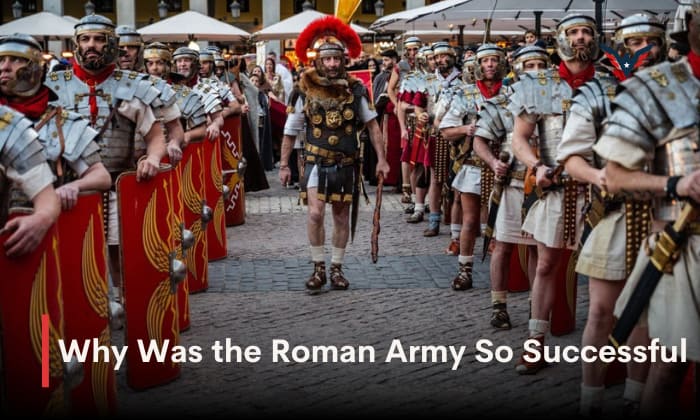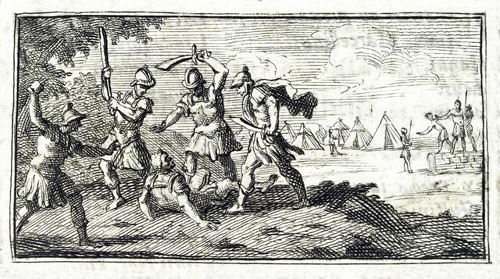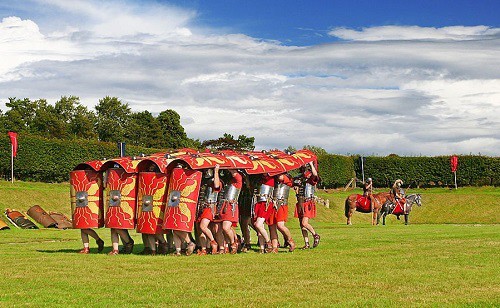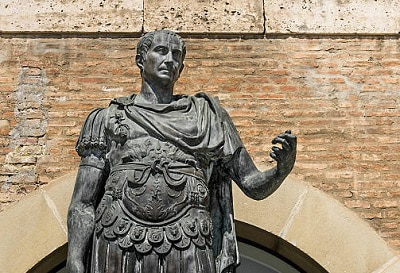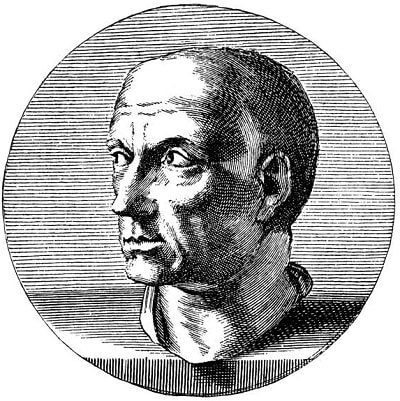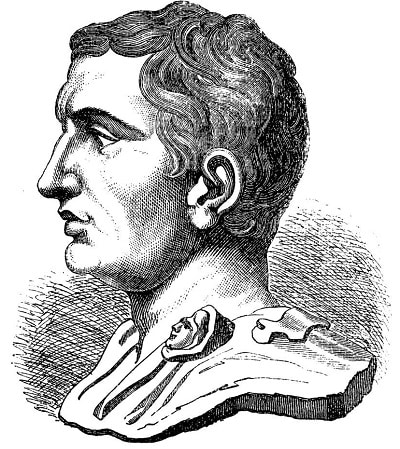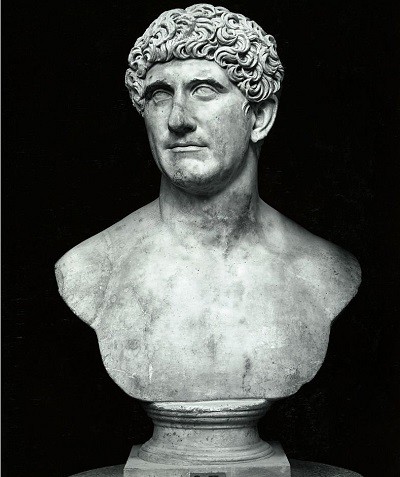Why was the Roman army so successful compared to other military organizations? One significant factor is that the Roman Army consisted of full-time soldiers. They were so powerful because their troops were well-equipped and trained.
Despite their substantial size, they managed to be the most productive and systematically adept soldiers throughout the ages.
This remarkable feat is due to the attention towards developing a committed military career without diverting to other professions on the side, setting the Romans apart from other military formations.
Table of Contents
Reasons for Roman Army’s Success
Why was the Roman army so successful? Let us delve deeper into understanding and knowing Roman army facts better.
Overview of the Roman History
Territorial regions beyond the empire’s borders were vulnerable to assault and required robust military involvement. That is why Rome relied on its army for growth and security.
Soldiers governed and established the Roman Empire in ancient times.
In Roman military history, it’s crucial for emperors not to displease the military forces, as they could deftly become a formidable foe. Furthermore, a widely recognized commander can pose a consequential threat to the rulers.
That is why every emperor had a duty to maintain allegiance with the soldier in ancient Rome, as they held a significant role in politics.
Factors Contributing to Success
Several factors contribute to the effectiveness and success of the Roman Army. However, the most essential elements are organization, discipline, and training.
1. Organization
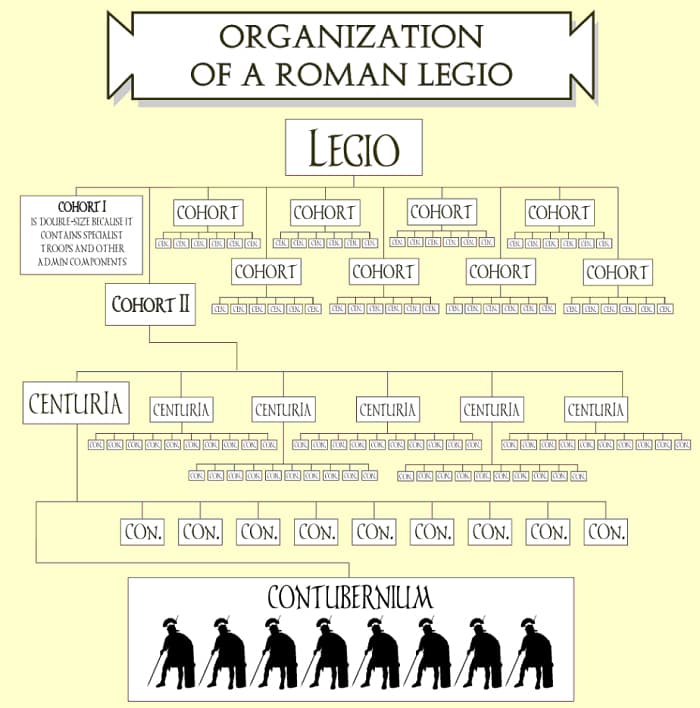
You might wonder about the size and scale of the Roman Empire military and may be surprised to learn how large it was.
The force had more than 30 legions comprising 150,000 soldiers. When you factor in the auxiliaries, the total number of soldiers might exceed a million.
So, how was the Roman army organized and structured for its military campaigns and conquests?
The Roman army structure consists of the largest group of Roman soldiers, known as legions or infantry soldiers with citizenship, plus auxiliaries or non-citizen troops from regions not under Roman control.
If you’re wondering ”how big was a Roman legion?” the number of men in a legion was around 4000 to 6000.
A legion divides into ten cohorts, with each further subdivided into six groups of centuries led by a centurion. These groups then break down into smaller units called contubernia.
2. Discipline
Discipline is a code of behavior that helps you stay determined to achieve your objectives, providing the courage to persevere through challenging tasks. Moreover, it enables someone to conquer barriers and suffering as they push themselves to new heights.
It implies establishing and sticking to work norms and regulations.
The ancient Romans army wouldn’t have been victorious without their discipline tactics, as these fostered a sense of togetherness and brotherhood among the troops.
Additionally, it shapes the attitude of soldiers to accept tasks or commands immediately, without hesitation, questions, or second thoughts.
In ancient times, two methods existed for punishing and disciplining the Roman Army, which could apply to crimes or unmanly acts.
For soldiers who committed crimes, punishments ranged from death and continuous beatings to pay deductions, being thrown into a river, or even being placed in a sack of snakes.
Conversely, soldiers who engaged in unmanly behaviors could face punishments such as stoning, ration reduction, and whipping.
3. Training
As mentioned earlier, the Roman Army underwent intensive training, considering that becoming a soldier was a full-time commitment.
Roman soldiers usually undergo a training period of at least four months, which involves developing marching skills, requiring them to march 20 miles a day while wearing their armor.
The troops develop their Roman fighting style, Romans battle tactics, and Roman legion tactics formations throughout these marching exercises, which include learning numerous maneuvers for successful warfare.
Following this, they will learn how to use their weapons and practice sparring in preparation for actual fights. Soldiers learned how to use short swords, daggers, and long spears, and they also had shields for additional protection.
Finally, Roman soldiers received training to follow and obey commands issued by their commanders and, most importantly, by the emperor. Commands often come from trumpets and centurions, who lead the battle in their centuries.
Notable Great Leaders and Warriors
The Roman army greatly impacted military history, with its legacy spanning nearly a thousand years. Let’s now examine the greatest Roman warriors.
1. Gaius Julius Caesar
Caesar is among the most famous Roman warriors and generals because of his political reforms and other political successes. Moreover, he is known as a brilliant military thinker with the success of the Gaul campaign and the battle of Alesia.
Unfortunately, many became aware of his death when around 40 Roman senators assassinated him by stabbing him to death.
2. Scipio Africanus
Scipio Africanus was a statesman and a Roman General. He was 25 years old when he decided to follow his father and uncle’s footsteps to the military, and eventually became a commander there.
Born into one of the ruling class families of ancient Rome, his most significant accomplishment was becoming the commander of the Roman Army against Hannibal during the Second Punic War. He was renowned for his determination, leadership, and military strategies in warfare.
3. Gnaeus Pompeius Magnus
Born into an affluent Italian senatorial family with a father who was a Roman noble, Pompey studied political diplomacy and military tactics under his father’s guidance.
Pompey’s popularity stems from his role in converting Rome from a republic to an empire. He was also one of the most brilliant commanders and political personalities, helping to restore Rome’s control over Spain and extending the empire to Syria, Palestine, and other regions.
4. Marcus Antonius
In the era of Julius Caesar’s rule, Marcus Antonius was the second most powerful man inside their governing state. He was a strategist, a statesman, and a senior commander in Rome.
Antonius was also a key figure in the Roman Republic’s journey from a constitutional republic to the authoritarian Roman Empire and a general during Rome’s civil war.
Conclusion
The Roman Army and empire have a rich history, which is why we now understand why was the Roman army so successful. In this article, we mentioned some of the greatest and most famous warriors in the Roman Empire.
Furthermore, we discussed the significant aspects that led to the success of Rome’s warriors, including the organization of the troops and the stringent training of soldiers.
If there’s any takeaway from this part of history, it’s that success is possible through organization, discipline, and training.

I am Everett Bledsoe, taking on the responsibility of content producer for The Soldiers Project. My purpose in this project is to give honest reviews on the gear utilized and tested over time. Of course, you cannot go wrong when checking out our package of information and guide, too, as they come from reliable sources and years of experience.

